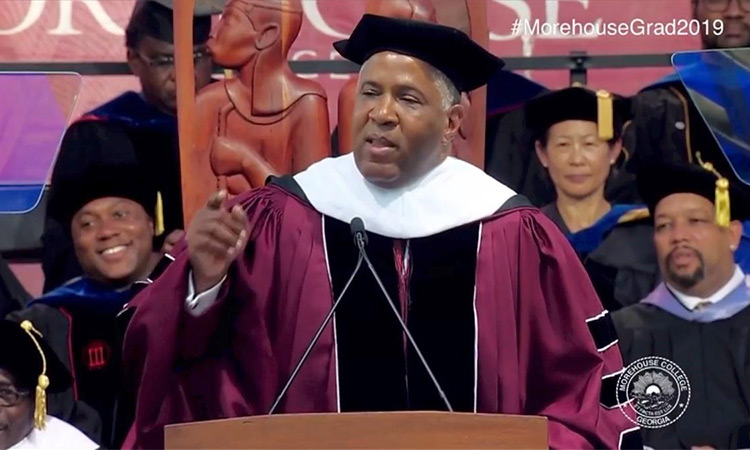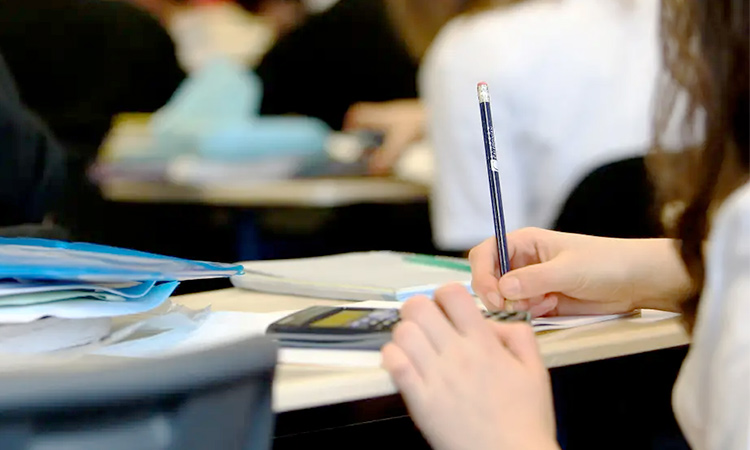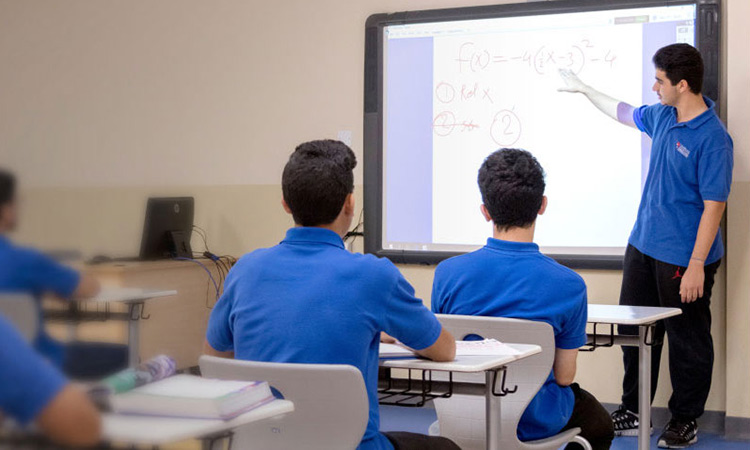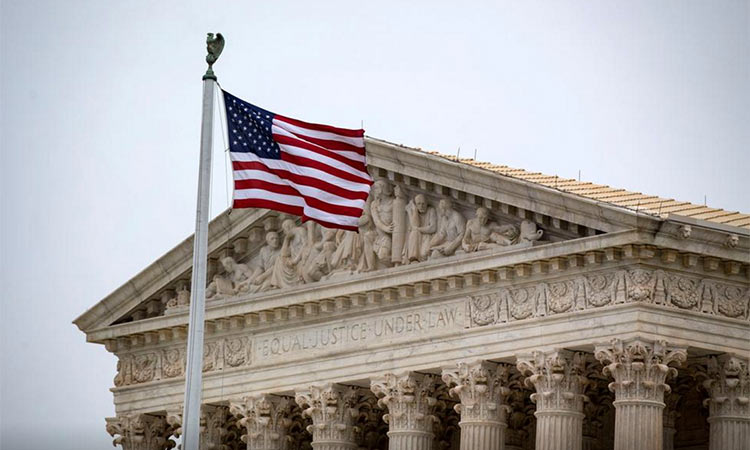‘Lucky’ grads get a unique lesson in philanthropy

Birjees Hussain
She has more than 10 years of experience in writing articles on a range of topics including health, beauty, lifestyle, finance, management and Quality Management.

Robert Smith pledged to pay off student loan of the entire class of 2019. Reuters
Over 600 students at a university in the United States were given the gift of a lifetime on the day they graduated. Most students are often given a car by their parents as a gift for getting their degree, or a holiday abroad. But these students got much, much more than that. A billionaire philanthropist and his entire family decided they would pay off every graduating student’s loan for 2019 in that university which was his alma mater.
Student debt is actually a very big deal in many countries. Did you ever hear a television character in his or her late thirties lament that he or she was still paying off his or her student loan? Well that is actually a reality for many students in America and now in the United Kingdom. When students graduate from university they are saddled with two main burdens in life. They need to find a job to start earning a living so that they can support themselves and they need to set aside a certain amount every month to pay off their student debts, whether it is a bank loan or loan from their parents.
The average loan for a graduating student can amount to tens of thousands of US dollars and that’s excluding interest rates that will be applicable at the time. Add that loan amount to paying for accommodation, food, utilities, transport, etc, etc. you can imagine how strained they start off their life outside of a university environment. They spend a significant part of their adult life repaying debts. Debts on a house, debts on a car, saving up for their kids’ education (yes some parents create an education fund for their child. Imagine if they have more than one) and their own student debts.
In America student debts have been around for donkey’s years. But this student debt concept only materialised in the UK over the last 15 odd years. My siblings and I all went to universities in London and our education was entirely free. At that time all British citizens were afforded a free university education up to degree level. However, postgraduate diplomas, MBAs, Masters and PhDs all involved payment of an annual tuition fee.
There was also another advantage to getting into a British university, aside from the free tuition for British children. Those whose parents were especially hard up also received an annual grant from their local authority to cover the cost of food, books, travel, stationery and accommodation. Of course, in order to qualify for this grant, parents had to complete a grant application form and submit it to the grant authority in their borough with proof of earnings, or lack thereof. Moreover, students who were 25 years or over received an automatic grant regardless of whatever they may have earned up to the point they decided to go back to university. Because they were considered independent, their parents’ earnings played no part in the grant they received. As I said, it was automatic.
Those days are no more, however. Now student debts are here to stay for the foreseeable future. And not all students are fortunate in that God sends them a philanthropist to eliminate that huge financial burden.
One might hope that seeing one philanthropist do a good deed might encourage other billionaires to do something similar, at least for their own alma mater, and at least for one graduating class. And I understand that there is an incentive even for a philanthropist even though, by the very definition of the word, he would donate for purely altruistic reasons. But according to journalists covering the story of this one philanthropist, he can now write off the amount donated for the purposes of tax exemptions. If that doesn’t create an incentive to do good and be charitable, I don’t know what will.







